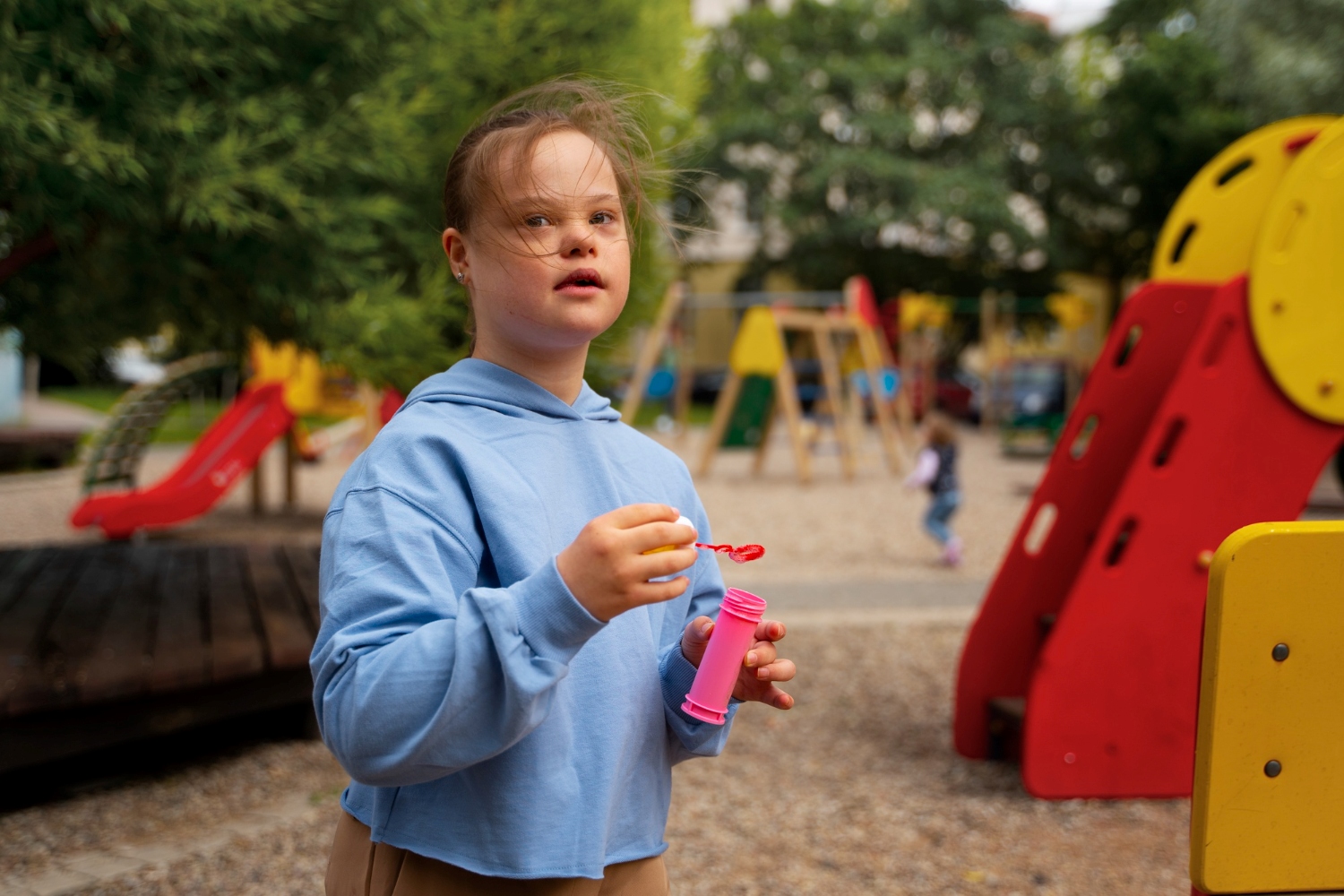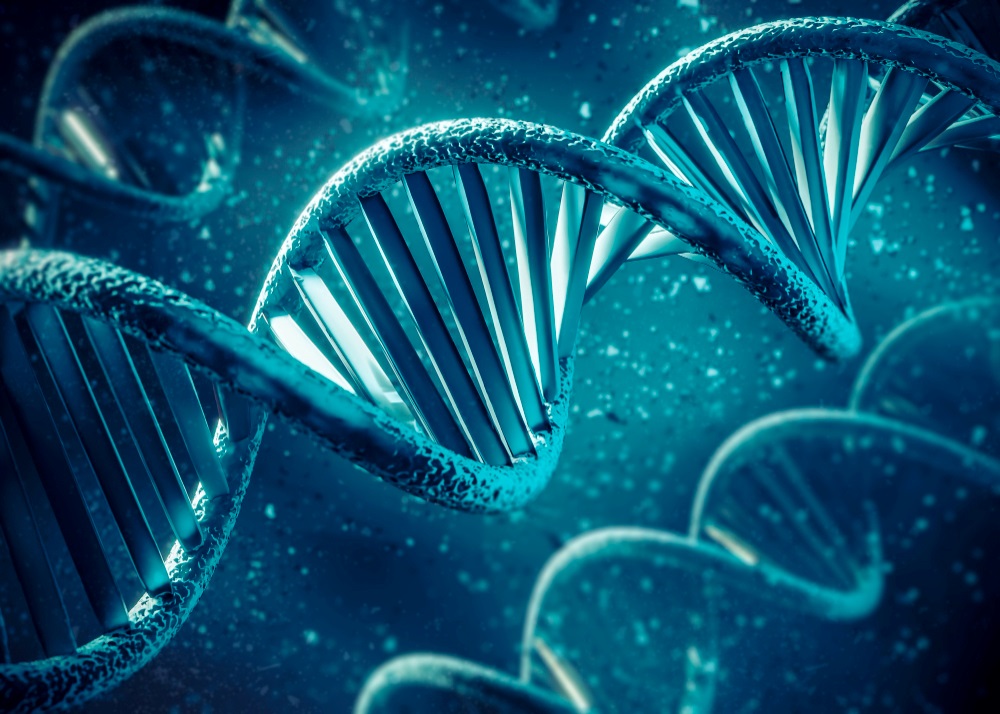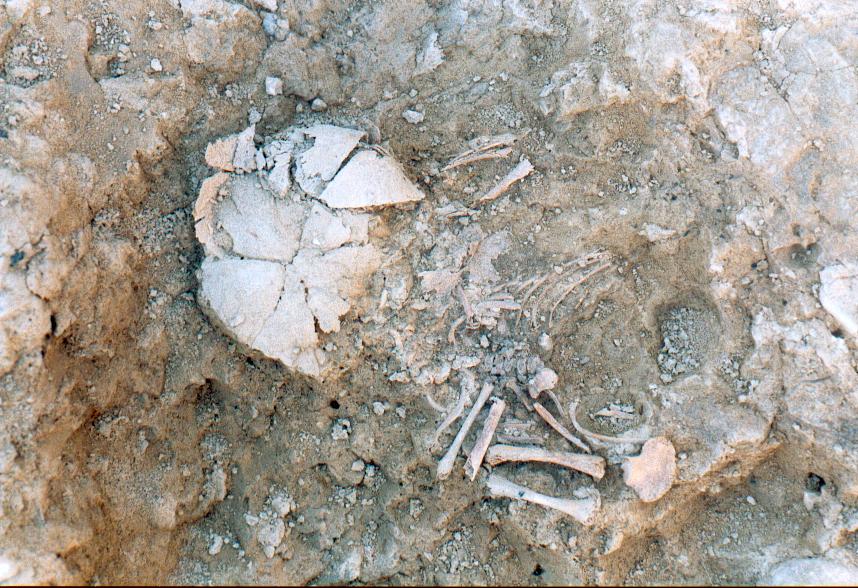Alterations in DNA packaging could explain a higher risk of leukemia in children with Down syndrome
Newborns with Down syndrome, as they grow, face a higher risk of developing leukemia compared to those without the syndrome. An international team has sequenced the genes of more than 1.1 million cells from fetuses with and without Down syndrome, and it has discovered that the extra chromosome 21 they have alters the way DNA is packaged inside cells. According to the authors, whose research is published in Nature, this difference affects the regulation of certain genes and may contribute to the development of leukemia.




